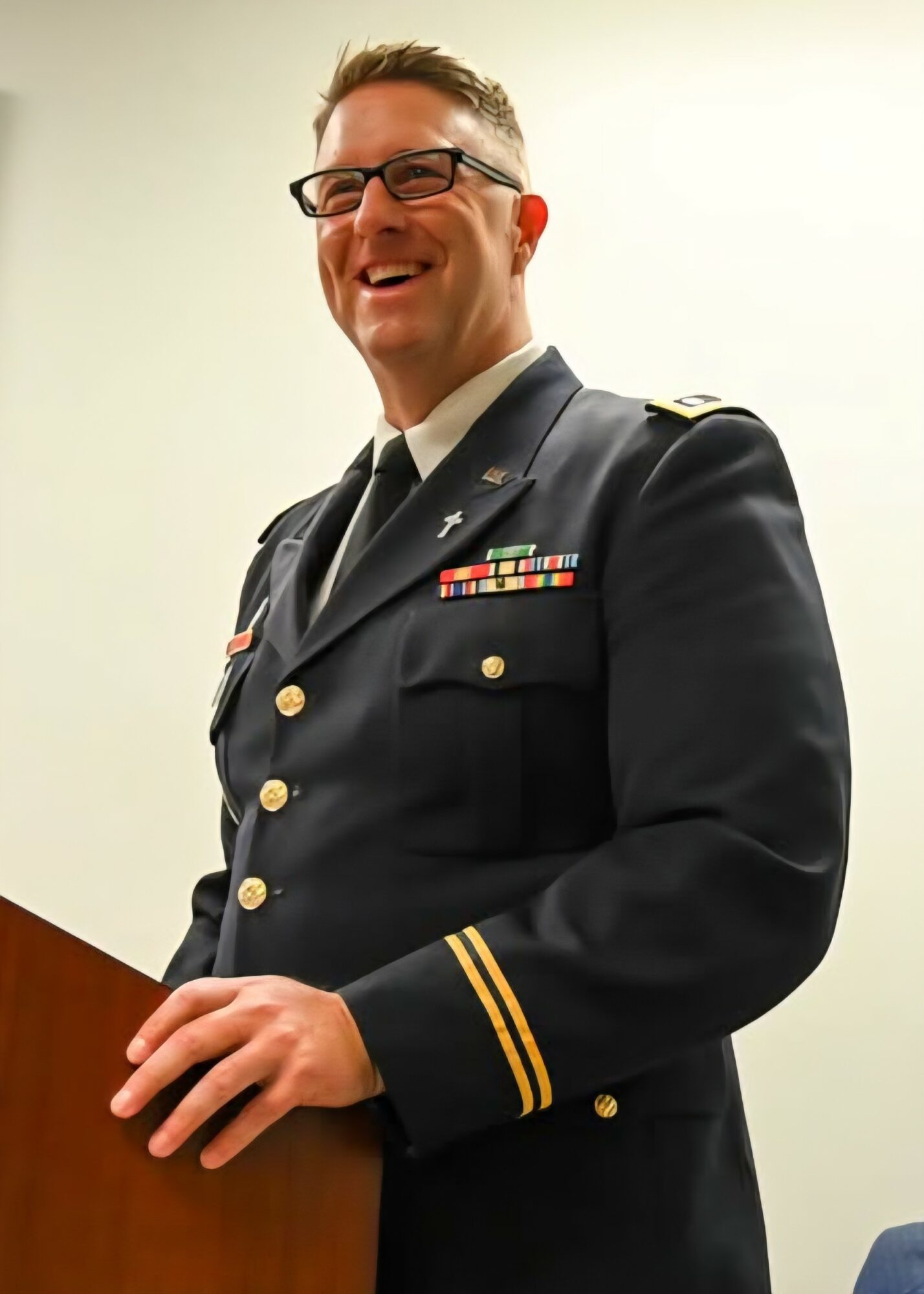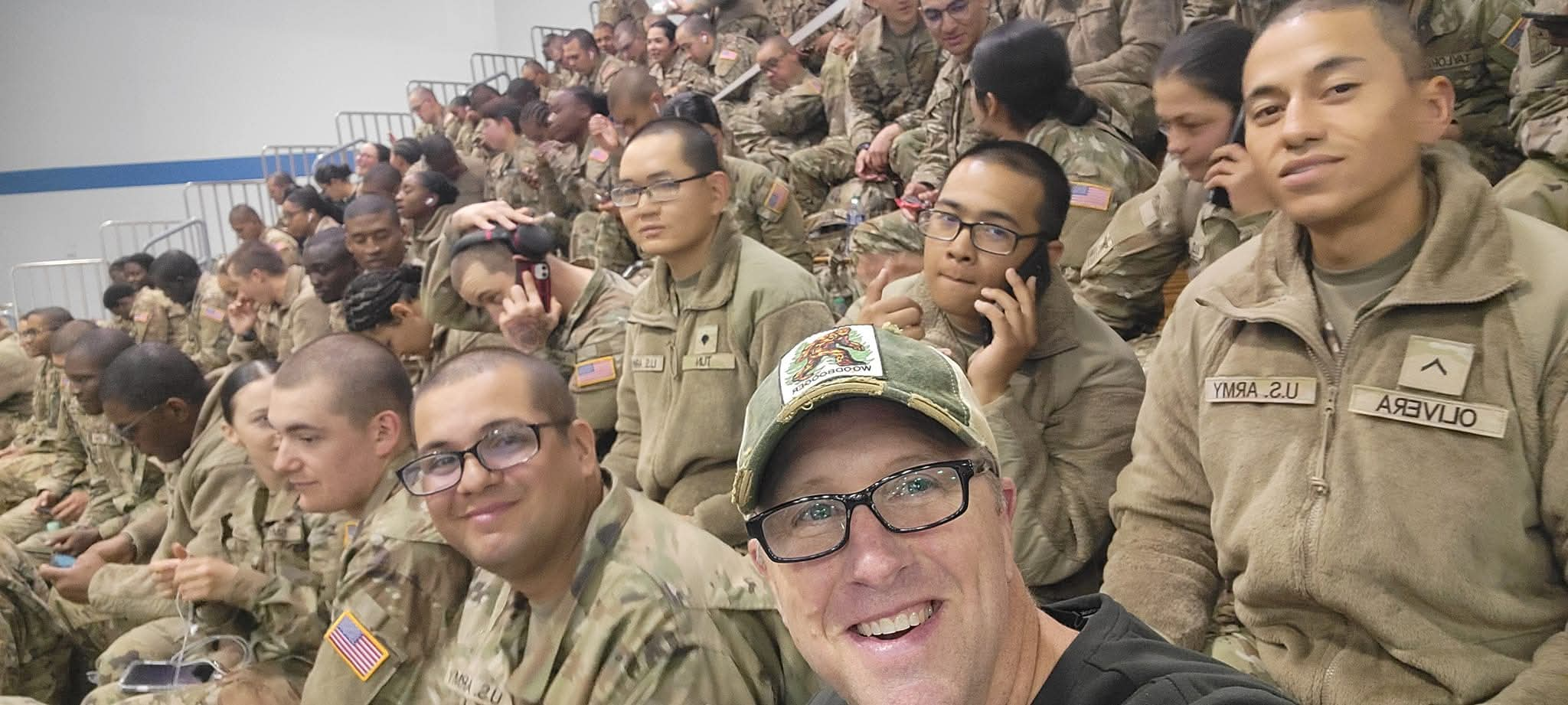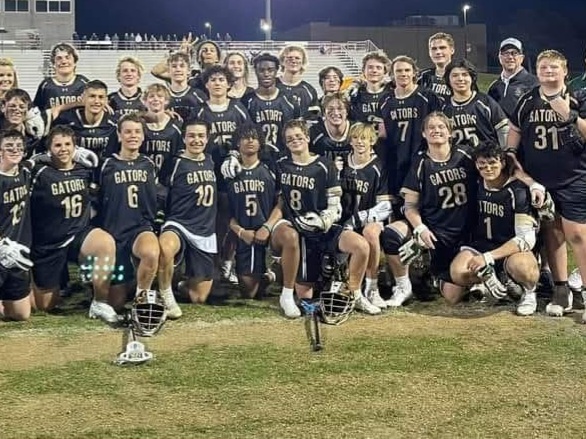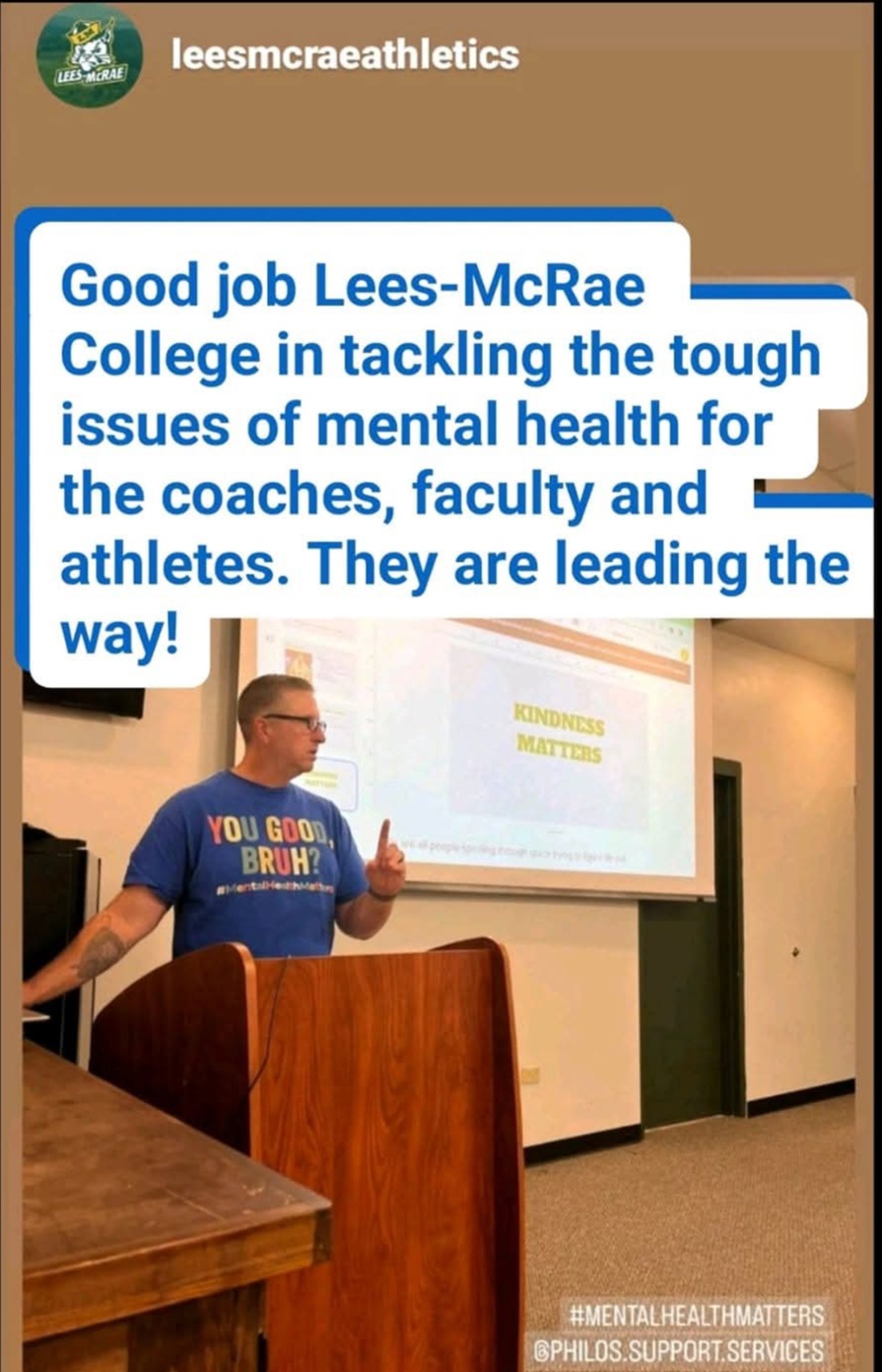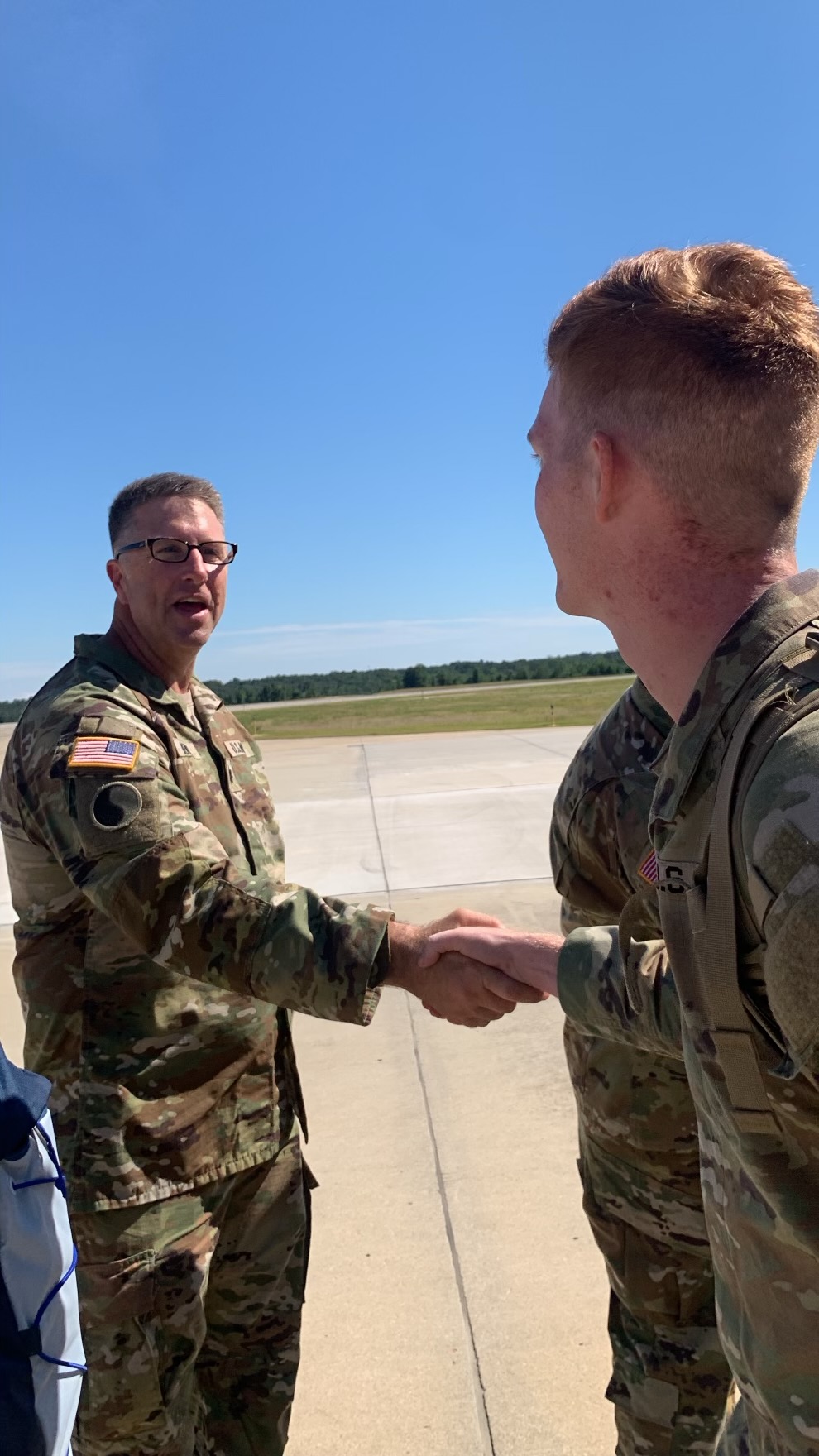

Today we’d like to introduce you to John Denny.
Hi John , please kick things off for us with an introduction to yourself and your story.
As a full-time chaplain with the SC National Guard, I have learned a great deal about how to handle crisis and trauma through various training programs and by applying that training within the organization. I feel we do a fantastic job of stepping up to provide support to the force when a tragedy (such as a death) occurs. Sadly, we have done this more times than I care to mention.
For the longest time, our organization was like many others: a death or some tragic event would happen, and we wouldn’t really know how to handle it so we wouldn’t do much. We would involve a chaplain and maybe behavioral health to talk with our soldiers. While it was something, I didn’t feel like it was enough. I started getting trained in crisis and trauma response along with best practices on the subject. I took that knowledge and experience and standardized a process for our organization on how to respond to some of life’s most difficult situations, which allows people to process the event and provide room for grieving in a healthy way.
Recognizing our organization was fortunate to have a process in place that walks leadership through the chaos that happens when a tragedy occurs, and a proven system in place to care for people, I started thinking about the businesses, schools, teams, churches, and other organizations in the community that are suffering with loss, trauma, or crisis that do not have the resources or know-how to address these events, as a result they do nothing. Doing nothing is not a good option. So, I started PHILOS Support Services (a non-profit) to help organizations navigate the chaos that follows a traumatic event.
We all face challenges, but looking back would you describe it as a relatively smooth road?
The road has been rocky. There are several challenges with having a non-profit that deals with trauma, crisis, and, unfortunately, death. First of all, it is not a cheery subject. It’s a necessary subject, but not a cheery one. Secondly, most organizations do not realize they need assistance until they do, and getting the word out about what we do is difficult. The final challenge is I struggle with calling organizations after they have experienced some sort of trauma or death and offer my services. It can seem tacky and like I am an ambulance chaser, which I am not; I am just looking to provide my expertise and services to people who are hurting. My services for trauma and crisis response are absolutely free! So, yes, it’s been a rocky road, but if I can help just one person or one organization, the journey is worth it.
We’ve been impressed with PHILOS Support Services, but for folks who might not be as familiar, what can you share with them about what you do and what sets you apart from others?
PHILOS Support Services is a non-profit organization that assists businesses, teams, schools, churches, etc… work through trauma and crisis. We are trained in trauma response and grief. PHILOS has a dual meaning. First of all, it’s an acronym that stands for People Helping In Loss Or Suffering. It is also a Greek word that means brotherly or sisterly love.
Many organizations are at a loss when an employee, teammate, co-worker, or friend dies, especially when that death is unexpected. Often, management or leadership is unsure what to do or how to handle the situation. They may send out an email to the organization, and that may be it. Research has shown that is not enough. PHILOS helps leadership develop a plan for responding, including how to deliver the message to others within the organization in a way that is empathetic and addresses questions people may have. PHILOS also helps leadership by offering its skill sets to provide expert, experienced services to care for itself and those impacted by the event. Research shows that when people are allowed to grieve and process the events, they are healthier and return to work sooner and become more productive. Think about the alternative: a tragic event happens, and leadership does nothing. This creates animosity and anger, coupled with grief, which is a recipe for people to become disgruntled quickly.
Several things make PHILOS uniquely positioned to assist organizations. The first is that we are extensively trained and experienced in trauma and crisis response. We do not operate in theory or rely on anything we may have learned 8 years ago and have never put into practice. We do this regularly. We are skilled in what we do. Secondly, our funding model makes us unique. Our expertise is entirely free. However, what we do ask is if our services made a positive difference, and that they make a donation to PHILOS. That donation does not go to pay salaries. It covers our minimal operating costs and provides us with the resources to support other organizations that may be hurting. It’s a pay-it-forward kind of model, one organization that was struggling, paying for another organization that is struggling, so they too can get the same level of world-class care.
How do you define success?
As a chaplain, I look at life through a religious lens. Personally, success for me is allowing God to work through me to help as many people as possible, especially during times of struggle. If I can help give people hope and lighten their burdens, that is success!
Contact Info:
- Website: https://www.philossupportservices.org
- LinkedIn: https://www.linkedin.com/in/john-denny-74147328b?utm_source=share&utm_campaign=share_via&utm_content=profile&utm_medium=android_app
